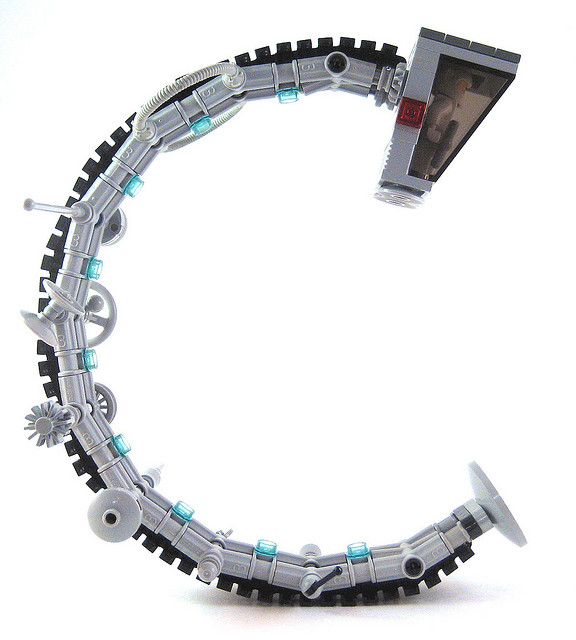The generation of people who defined modern computing seems to be passing this year. Following Max Mathews, another Bell Labs titan is lost to us: Dennis Ritchie is the man who created the original C programming language (again at Bell Labs) as well as co-developed the UNIX operating system. President Obama commented that many people learned of Steve Jobs’ death on a device “he invented.” For all Jobs’ contributions, it is as untrue to say that as it is true to say the same of Ritchie: you are quite literally reading this story as served by software derived from his creations on UNIX, using tools written primarily in the language he, with others, devised.
For music, C endures in some form as the basis of the vast majority of tools we use for musical computation – that is, his creation is at the heart of the software with which we all make music. And just as Mathews made the computer sing for the first time, C is a lingua franca on which musical expression is based, the kernel of the vast array of sounds computers today make.
But C is important not simply because, in some form, it remains at the heart of much of the computer code written today. It also introduced in a material sense the idea of portability and cross-platform code, allowing in turn music tools like Csound and others to appear on new computers rather than pass away. It formalized coding concepts that, even in radically-different, more “modern” languages survive. That means that for people expressing musical ideas in code – and anyone using the software that results – software is not tied to specific hardware, lost as new generations of gear cause the old to pass away. The ideas behind C allow computer music to pass from one generation to another – to outlive us.
Ritchie would probably at this point hasten to add that he didn’t work alone, that his work was based on others, that he had colleagues like Ken Thompson who worked with him on C and UNIX. Such is the nature of invention, and unlike the titanic egos of the past (yes, Henry Ford and Thomas Edison, we’re looking at you), some of today’s creations were built by people whose impact was no smaller, but who have been far humbler and lesser-known.
So, get to know Dennis and the many colleagues who survive him. Marvel that the “machine” is not some alien robot at all, but that in your hands, you hold the contributions of creative human beings, the thoughts of complete strangers encapsulated in front of you, and that at the end of the day, you can make it all sing a song.
